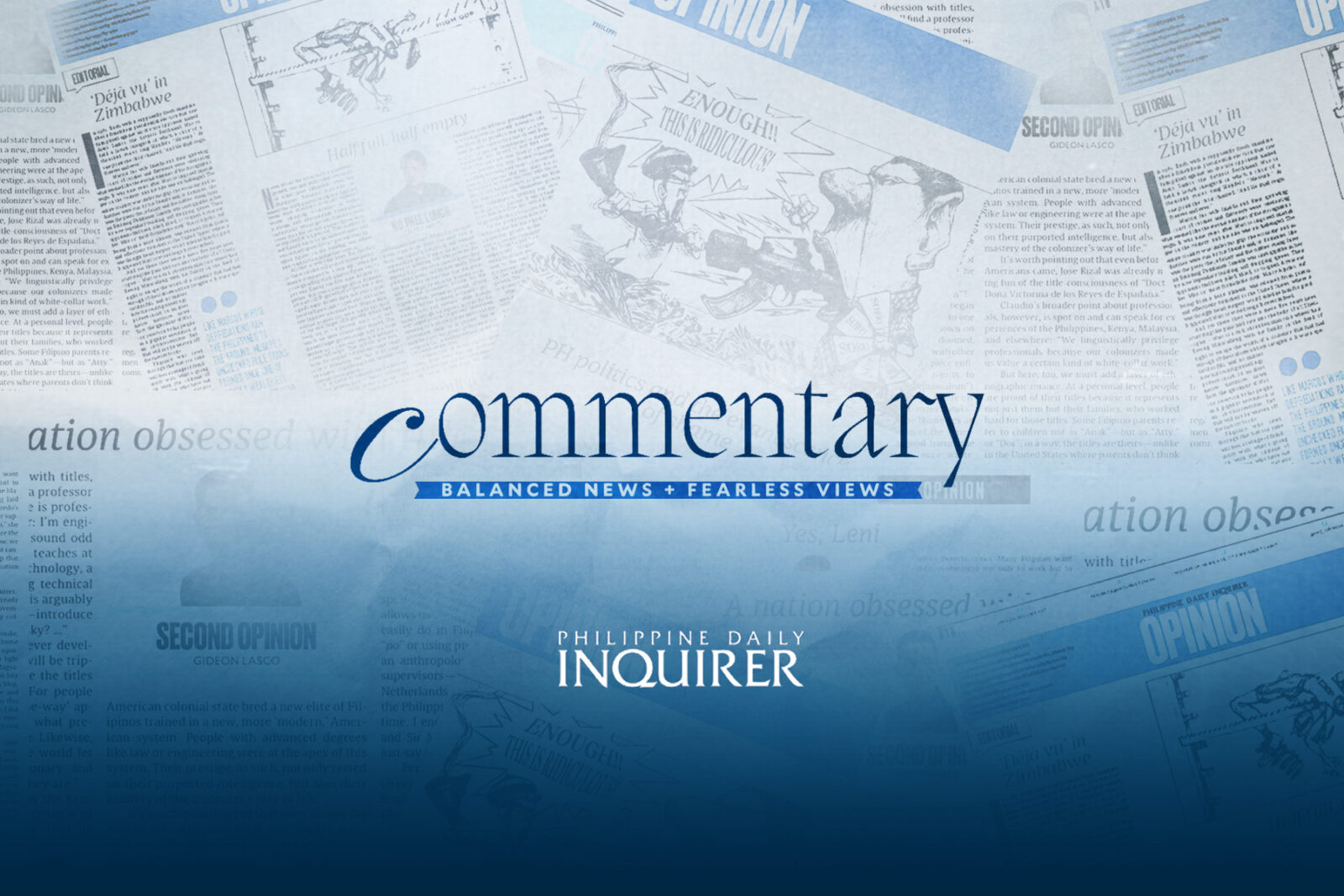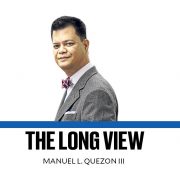The link between illegal drugs and corruption

The Senate and House quad comm hearings on the Duterte administration’s war on illegal drugs has provided some very revealing and shocking revelations and admissions regarding the violent conduct of that campaign which has been a defining characteristic of former president Rodrigo Duterte’s time in office. I will leave it to others to dwell more deeply over those issues and comment instead on the present administration’s campaign against illegal drugs.
In contrast to the approach and strategy of the Duterte administration, President Marcos, in his third State of the Nation Address on July 22, 2024, said that “extermination” has never been a part of his administration’s anti-illegal drugs campaign. He went on to state that more than P44 billion of illegal drugs were seized in more than 71,500 operations which also led to the arrest of more than 97,000 drug personalities, of which 6,000 were high-value targets, 440 government employees of whom 42 were uniformed personnel and 77 elected officials. He also claimed that more than P500 million worth of “dirty money and assets” have been frozen and preserved.
The part about the freezing dirty money is very important, yet it somehow gets little mention. Drug busts and seizures nab the headlines, but there isn’t much we publicly know about freezing illegal assets and money. In discussions about strategies to use in the war against illegal drugs, efforts, and accomplishments in relation to aggressively going after the dirty money should be an area I think the public should start hearing more about.
We are all generally aware of the links and interrelationship between crime and corruption—it feeds on each other. For a global criminal enterprise such as illegal drug trafficking that is estimated to be worth around $650 billion, that’s a lot of incentives there for individuals and institutions to engage in, and tolerate corruption that enables illegal drug traffickers and criminal syndicates to proliferate and prosper to the detriment of the security, well-being, and common good of our society, institutions, communities, families, and individual persons. The proceeds from the illegal drug trade, all that dirty money and illicit profits, that is the nexus between the illegal drug trade and corruption. And that should be among the prime targets of the current administration’s campaign.
I am not saying that this should be the sole focus of the government’s anti-illegal drugs campaign as the issue is a complex one requiring a multifaceted approach with various strategies, but from the law enforcement perspective, it should be among the top priorities. As long as there are billions of pesos of dirty money flowing freely, to tempt and corrupt officials, institutions, and agencies tasked with fighting this crime, this problem and the associated negative effects on society that it brings along with it will continue to fester. It won’t be enough to just arrest them, the access to and flow of this dirty money needs to be stopped or at least be squeezed as hard as possible.
Government needs to “attack” this nexus, to diligently and aggressively uncover the trail of dirty money and thoroughly follow it wherever it may lead, and most importantly, regardless of who it touches and ensnares. It’s not enough to just seize and preserve these dirty money and assets, it is just as vital to publicly expose those who profit from the criminal activity and from the corruption that enables it as a form of deterrent.
On Nov. 12, Interior Secretary Jonvic Remulla told media that following discussions with the President and other law enforcement officials, the government will try a new strategy in combating illegal drugs which will involve focusing on the supply chain where they are coming from. According to Remulla, they will be going after the big guns who are behind the smuggling. Well, the big guns don’t usually get their hands dirty, but the dirty money definitely goes to them. So I hope that with this new strategy, they will start following that trail of dirty money to nab not only those big guns in the illegal drug trade, but also their corrupt enablers and accomplices, wherever or whoever they may be.
—————-
Moira G. Gallaga, an author, served three Philippine presidents as presidential protocol officer, diplomatically posted to the Philippine Consulate General in Los Angeles and the Philippine Embassy in Washington.

















